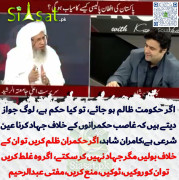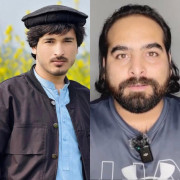Imranpak
Chief Minister (5k+ posts)
The days of Mughal rule, king's and queen's have long gone. There is no reason as to why descendants of the Moghul's should be given special treatment in todays subcontinent. We today live in a world of competition and supposed merit where only the educated ones will be successful. Time waits for no person be they a street cleaner or royalty. Same will eventually happen to the descendants of Arab royalty who should take lesson's from this. It's about time they started focusing on education instead of inherited wealth that morally speaking they have no claim on.


















































